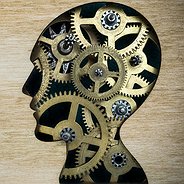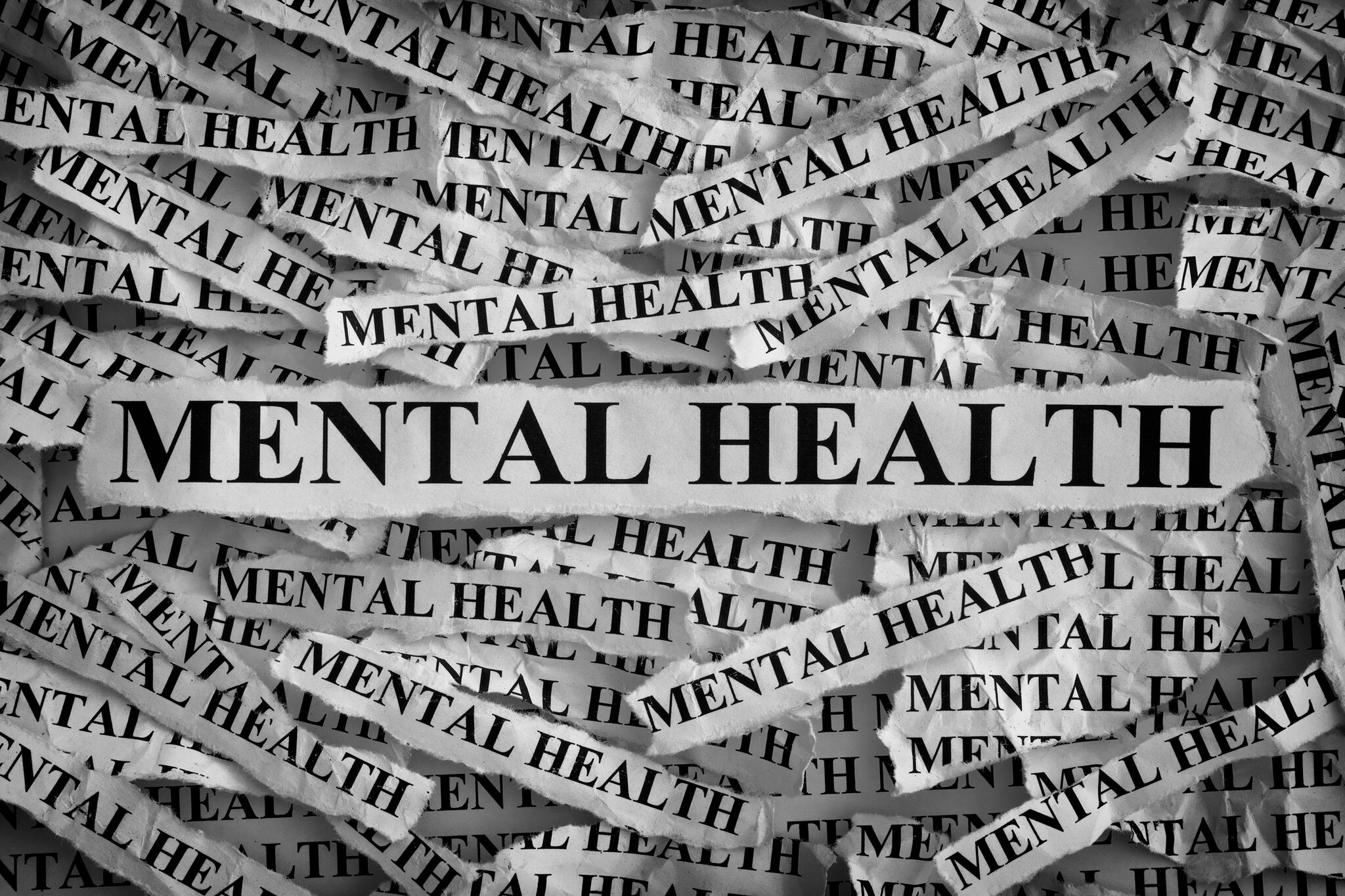OCCUPATIONAL THERAPY & PSYCHOTHERAPY FOR NEW MOTHERS
Occupational Therapy combined with Psychotherapy can provide a unique perspective on a new mother’s transition because it recognizes that a rapid change in habits, routines and the loss or inability to participate in prior life activities can negatively impact health. This point of view also provides reasoning for the factors contributing to depressive conditions experienced by new mothers.

Occupational Therapy combined with Psychotherapy can provide a unique perspective on a new mother’s transition because it recognizes that a rapid change in habits, routines and the loss or inability to participate in prior life activities can negatively impact health. This point of view also provides reasoning for the factors contributing to depressive conditions experienced by new mothers.
First-time mothers experience abrupt and significant life changes postpartum. The transition happens easily for some but many women endure a period of shell shock relating to the physical, mental and emotional responsibilities associated with the role of motherhood. According to a survey conducted by the Center for Disease Control and Prevention, 12% of women experience moderate depression and 6% feel severely depressed in their first year postpartum (CDC; 2011). Depression interferes with a mother’s ability to bond with her infant and can negatively impacts the infant’s behavior as a result.
Fay Gershgorin, Occupational Therapist and Psychotherapist works with both expecting mothers and mothers post childbirth because preventing postpartum depression and facilitating a smooth transition into motherhood impacts the health of the mother, infant and spouse.
What role can occupational therapy provide for new mothers struggling to adapt to life change?
Services offered & Some Helpful Tips to Keep in Mind during pregnancy:
- Optimism during pregnancy render women less susceptible to developing postpartum depression. Stress-frequency and pessimism during pregnancy have been identified in several studies as predictive indicators for the development of postpartum depression.
- Occupational change occurs in the number of activities and roles that changed pre and post partum therefore these new experiences to the new role of motherhood may bring mixed emotions and bring a new mother into an overwhelmed emotional and physical state of being.
- Highly recommend the effect of a social support group for new mothers (depressed and non-depressed) intervention focused on 1 to 1 therapy and/or social support groups. Offer social support prenatally and postnatally.
- Interpersonal Psychotherapy for Perinatal Depression.
The life change experienced by new mothers postpartum can lead to varying levels of depression. Protective factors such as social support, optimism and minimal stress decrease a mother’s risk for developing postpartum depression. Exercise and continued social support postnatally improve a new mothers self-perceived health. These findings have important implications for healthcare professionals working with expecting mothers because they have the opportunity to screen for these risks. Occupational therapists are healthcare professionals who are trained in developing interventions to promote a successful life transitions and they have the potential to benefit mothers who are struggling to adapt to the role of motherhood.
Interventions the OT could use to serve new mothers are providing patient education adapted to the mom's learning style and introducing resources that are helpful for their unique context. OT’s can facilitate social support through their therapeutic rapport while encouraging participation in the client’s pre-childbirth activities by modifying their environment, adapting their activities and by working with the moms-to-be in developing habits and routines that allow for increased participation with friends and family. Occupational therapists can improve a client’s optimistic point of view by highlighting their strengths and teaching coping skills to use during stressful situations. They can also teach techniques such as mindfulness practice, meditation, exercise and breathing techniques to reduce anxiety and depressive symptoms.
Video/Telephone Sessions available upon request.


